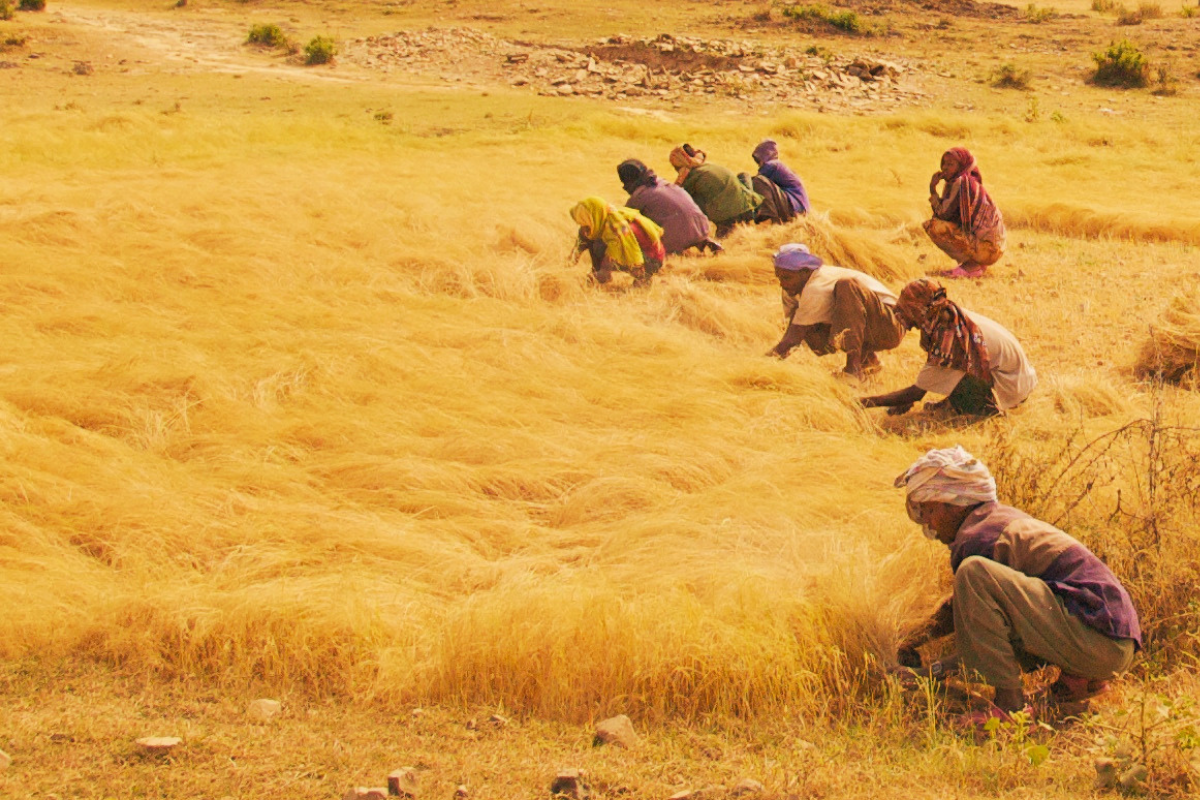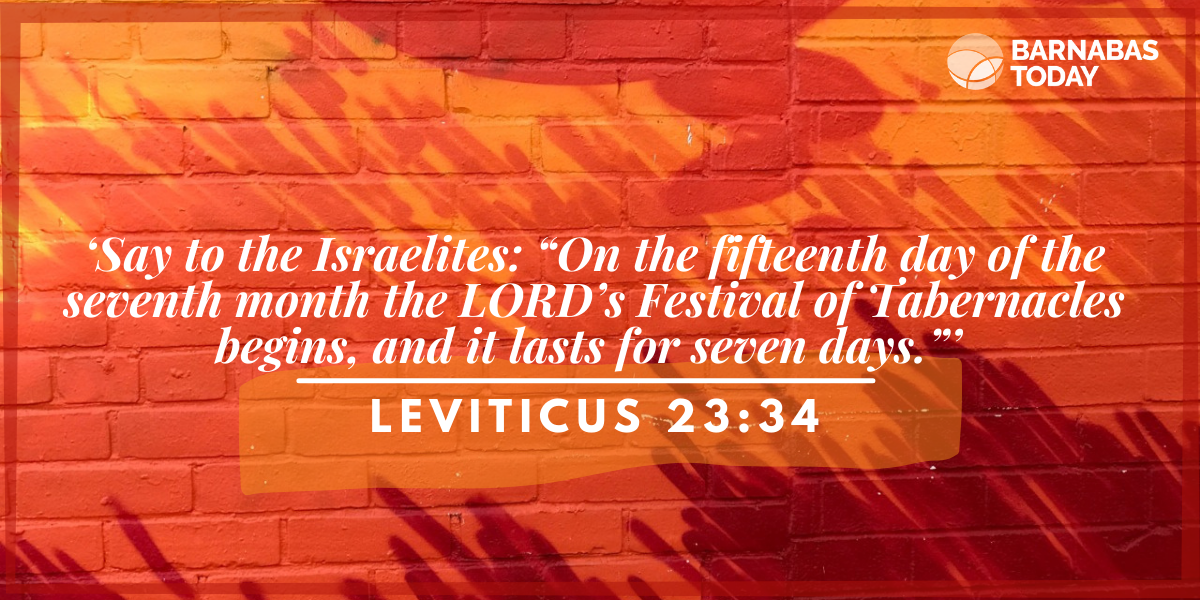
‘Say to the Israelites: “On the fifteenth day of the seventh month the LORD’s Festival of Tabernacles begins, and it lasts for seven days.”’ (v34) Leviticus 23:33–36
Traditionally, the end of September is a season of celebration in the UK. Known as Harvest Festival, it’s a season of thanksgiving for the successful crop harvest. In a rural economy, harvests guaranteed feed for livestock through the winter, as well as provision of seed for the following spring’s planting.
Today, we’ve moved from a rural to a knowledge-based, technological economy. With that, we have lost touch with the land that provides so much of the daily bread we depend on.
Sukkot is the Feast of Tabernacles. Instituted by God, it invited the Jews to reflect upon God’s provision over 40 years in the wilderness and lasted seven days. The popular name for Sukkot is Festival of Joy in acknowledgement of God’s sustenance as His people journeyed from Egypt to the Promised Land.
Whilst we may not have a rural existence, we can still rejoice in the fact that God remains our refuge and strength (Psa. 46:1). The tradition of offering a prayer, or saying grace, before a meal stems from this desire to recognise God as our provider, Jehovah Jireh (Gen. 22:14).
In a secular age, we have an opportunity to recover many of the traditions we discover in the Bible. They are easy to communicate to family, friends and neighbours, and establish occasions in which we simply give thanks to God for providing us with our daily bread, something we request in the Lord’s Prayer (Matt. 6:11).

RELATED SCRIPTURE TO CONSIDER: Lev. 23:39–43; Neh. 8:9–18; John 7:37–44; 1 Cor. 5:6–8.
AN ACTION TO TAKE: Why not organise an evening to give thanks to God for His provision over this past year? Why not invite some friends?
A PRAYER TO MAKE: ‘Lord, thank You for providing me with what I need day by day. Amen.’
Photo by A Davey on Flickr









